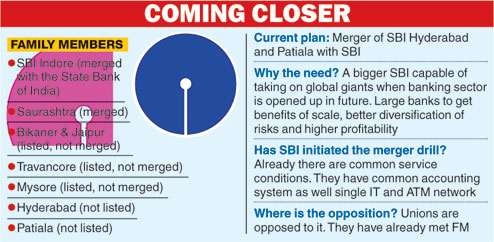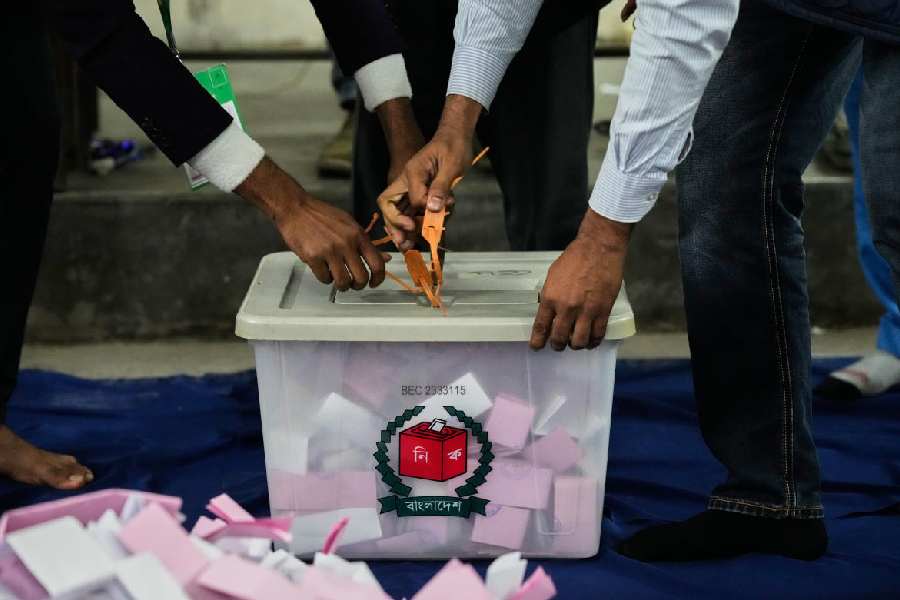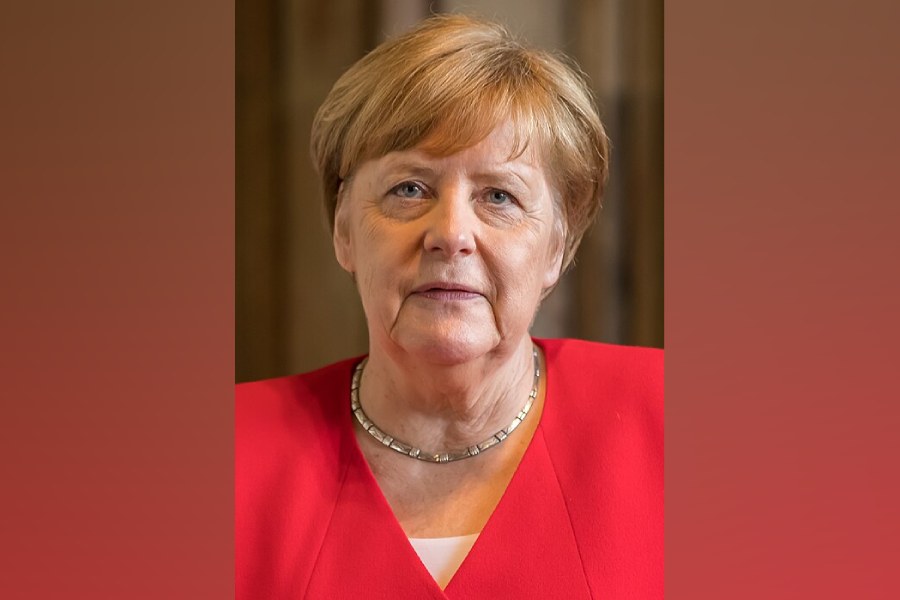
New Delhi, Sept. 21: Bharti Airtel, the country's largest mobile operator, today said it had moved all its prepaid customers to pay-per-second schemes, which would ensure that they were not charged for a full minute in case of call drops.
The development follows a crackdown on call drops by the government and the Telecom Regulatory Authority of India (Trai).
In a consultation paper, Trai had earlier highlighted consumer complaints that call drops on a pay-by-minute tariff meant lost money for the customer and higher revenues for the telecom company. Prime Minister Narendra Modi, too, had voiced concern and asked officials to take urgent steps to address the menace.
In a statement, Bharti Airtel said, "Starting today it will move all its prepaid mobile customers nationally to the more affordable per-second bill plan. This will help to ensure that customers pay only for the time they use the Airtel network." Prepaid customers constitute 94.4 per cent of Airtel's total user base at the end of June.
Analysts said most rivals were likely to follow in Airtel's footsteps as the telecom business was highly oligopolistic, with each company watching the other's moves and trying to match it.
They said companies would in any case have to follow suit as Trai in a consultation paper has recently suggested that firms should not charge for call drops where the customer cannot speak for more than 5 seconds. It has also proposed that in case calls are dropped after 5 seconds, the last pulse should not be charged. This implies that in a pay-by-minute tariff plan, if a call gets dropped after 1 minute 50 seconds, customers will be charged only for the first minute.
Data with Trai for the quarter ended March showed that 71 per cent of mobile consumers across the country were on per-second billing. However, in terms of total outgoing calls, 41 per cent of total voice consumption happen on a per-minute pulse.
"While we continue to invest aggressively in our network quality and deploy new sites to further enhance our network presence, we are today taking the lead to move our customers to the affordable per-second plans ensuring they pay only for what they use," Bharti Airtel (India & South Asia) director (market operations) Ajai Puri said.
The company said the majority of its prepaid customers were already on the per-second billing plan. However, the latest initiative will ensure that all prepaid clients of Airtel are on the same page in terms of cost per call.
"While customer's standard base rate plans will be shifted to a pulse rate of per second, they will have the freedom to opt for additional tariff discount packs of their choice for discounted per-second or per-minute benefits," the company added.
However, there are concerns that customers are likely to end up paying more in a per-second plan. For instance, a consumer under the 35 paise/minute scheme will now have to pay Re 1.20 for two minutes against 70 paise earlier.
Message storage
Every message that you send - be it through WhatsApp, SMS, email or any such service - must be mandatorily stored in a plain text format for 90 days and made available on demand to security agencies under a draft new encryption policy that has triggered privacy concerns.
Legal action that could also include imprisonment has been proposed in the draft policy unveiled by the government for failure to store and produce on demand the encrypted messages sent from any mobile device or computer. The policy also wants everyone to hand over their encryption keys to the Centre.
The draft proposes that users of encrypted messaging service on demand should reproduce same text, transacted during a communication, in plain format before law enforcement agencies and failing which the government can take legal action as per the laws of the country. The proposed policy, issued by the Department of Electronics and Information Technology, would apply to everyone including government departments, academic institutions, citizens and for all kind of communications -- be it official or personal.











